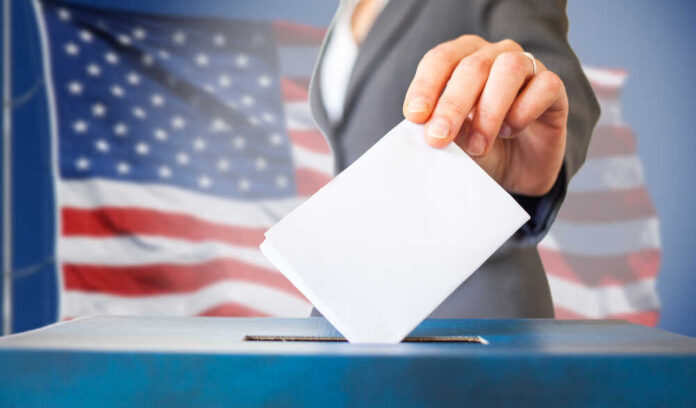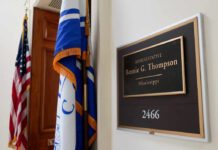
A recent change in Indiana state law has given county party chairpersons greater authority to determine who may appear on their party’s primary ballot. The new statute led to several ballot access disputes during the 2022 primaries. A case heard by the Indiana Court of Appeals challenges the right of political parties to restrict ballot access. While the outcome of the case remains to be seen, it is clear that the law has impacted both candidates and voters.
One candidate, Amy Rainey, was denied a place on the May 2022 Republican primary ballot due to the new law. She took her case to the Court of Appeals, arguing that the law unfairly restricted her ability to run for office, given that she had missed the 2018 and 2020 primaries due to work travel and a cancer diagnosis. Rainey’s opponent, state Rep. Joanna King (R), won her primary by default after Rainey was removed from the ballot.
Indiana Lawsuit Challenges Parties’ Right To Keep Candidates Off The Ballothttps://t.co/vPXyamy1wM
— The Federalist (@FDRLST) March 22, 2023
The new law has also impacted voters, particularly those who recently moved to the state or turned 18. Some Hoosiers who meet the age and residency requirements for office have yet to have the opportunity to vote in two Indiana primaries, which means they are not eligible to run for office under the new law.
While some argue that the new law is necessary to ensure party loyalty, others contend that it fails because Indiana essentially has open primaries. Moreover, the law has led to fewer competitive races, which may result in fewer candidates eligible to run in the next primary election. The low turnout for primary elections in Indiana is also a cause for concern, with only 14% of registered voters casting a primary ballot in 2022.
The case before the Court of Appeals raises important questions about the balance between party rights and ballot access. While the state argues that the new law is a modest requirement that does not severely impede ballot access, Rainey’s attorney contends that the law fails to ensure party loyalty and does not adequately protect the rights of candidates or voters.
It is essential to ensure that citizens have the right to vote for the candidate they prefer. Any law that restricts ballot access must be carefully considered to ensure that it does not unduly limit the right to participate in the democratic process. While political parties have the right to protect their interests, this must not come at the expense of the fundamental right of citizens to vote for the candidate of their choice.




























